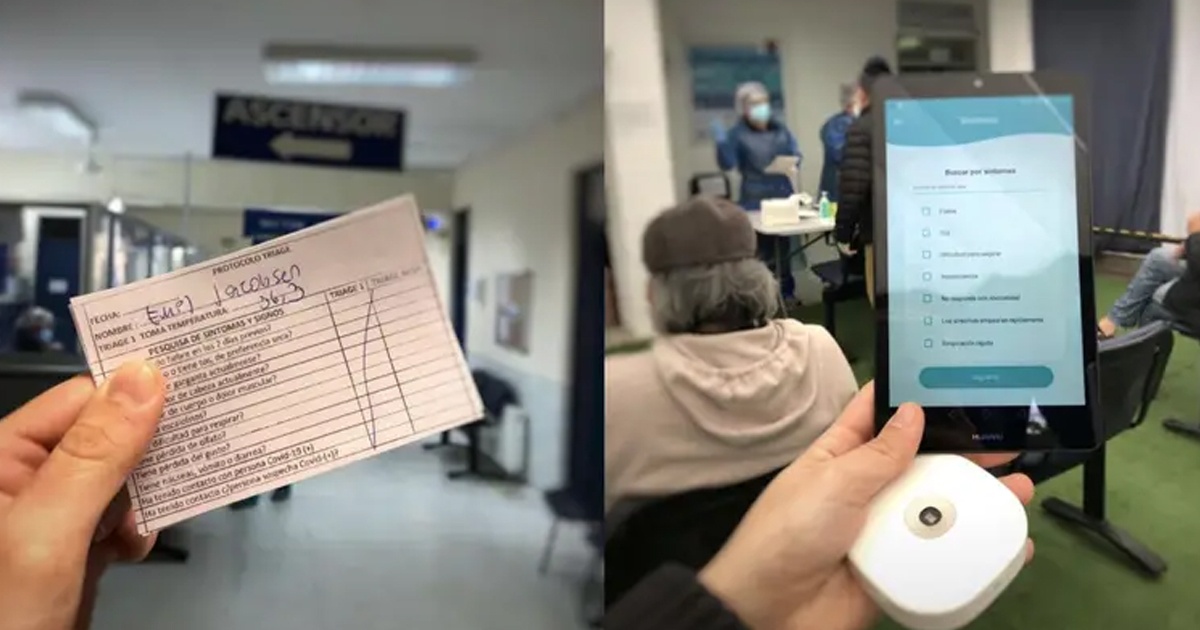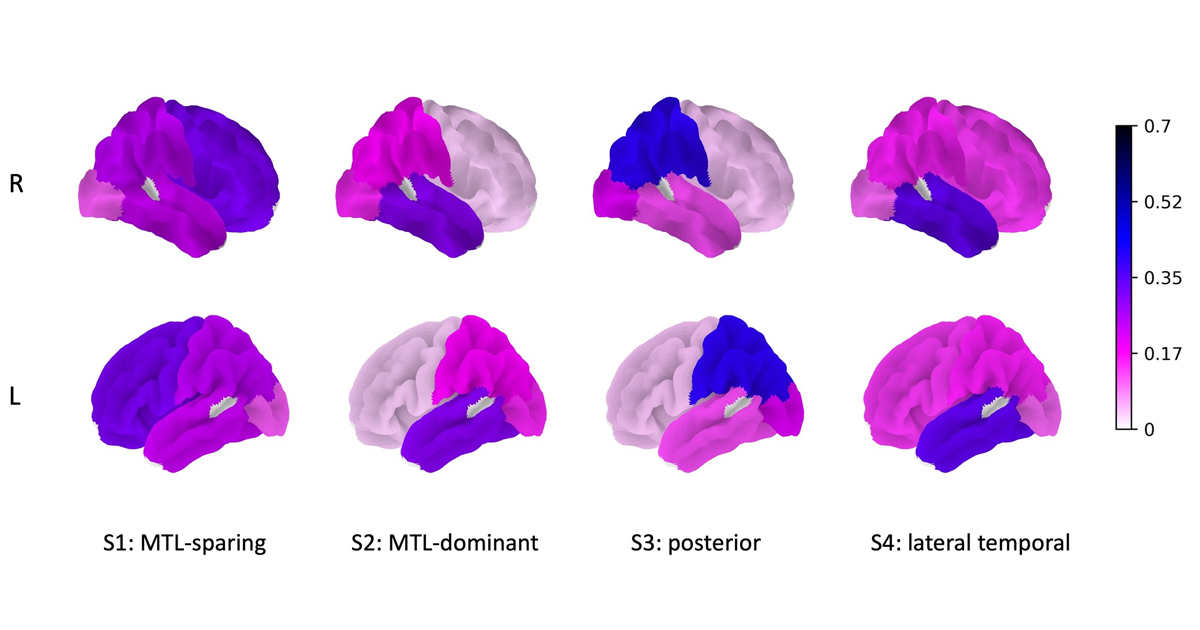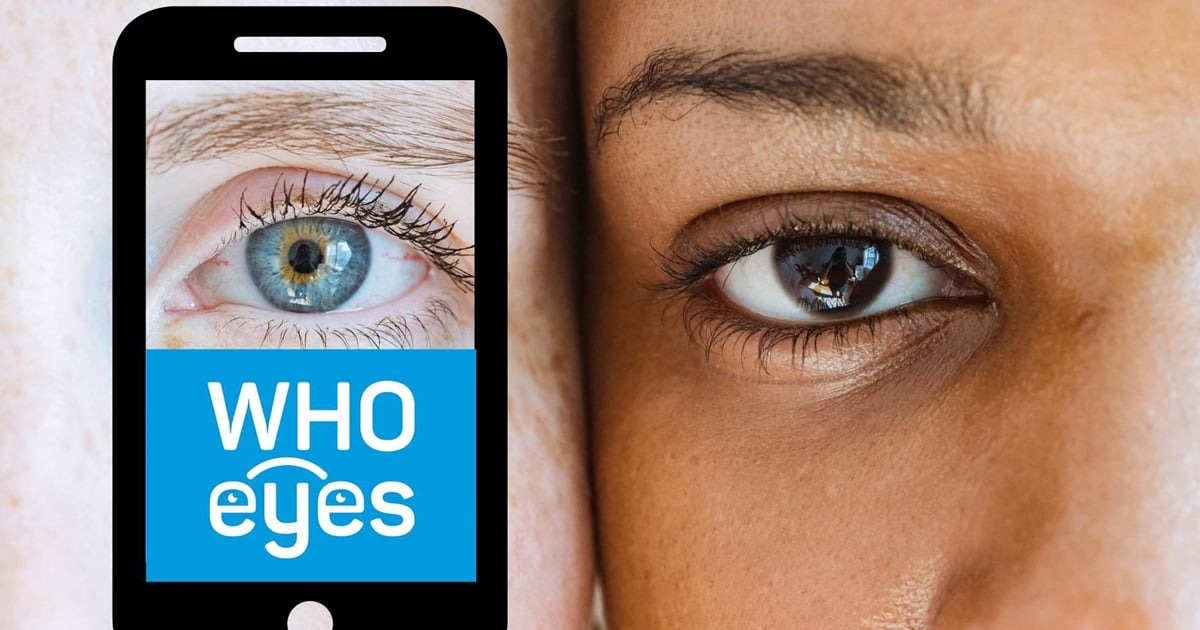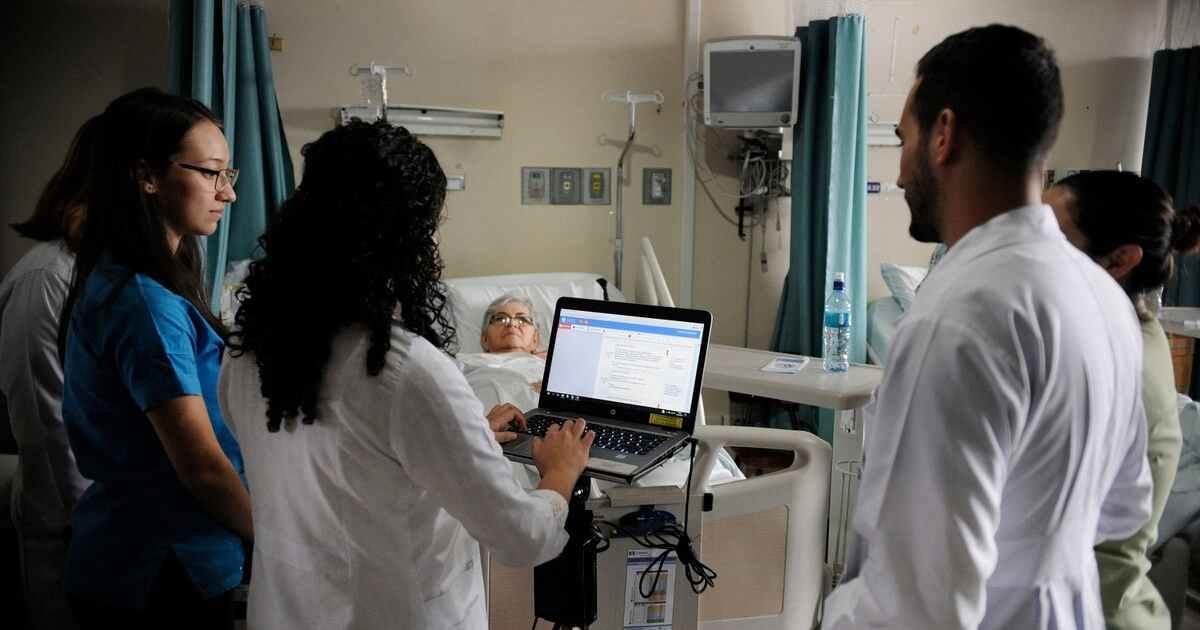Through an Artificial Intelligence (AI) algorithm based on four vital signs, the test can be used preventively to measure COVID-19, currently has 85% reliability.
Sabrina Sepúlveda, serves as a professor at the Universidad Mayor located in the Metropolitan Region of Santiago. The researcher developed the algorithm in response to the saturation of primary health care units and in this way manage to identify or pre-identify patients with COVID-19 infection.
Together with her collaborators, they developed this AI-based innovation, in order to facilitate processes, “what we are looking for is a more efficient system than the current one, which consists in the use of papers where patients fill their data. If you visit a care center, many of these papers are dumped on the ground, losing traceability,” she explained.
The researcher is also the founder of the startup eHealth Care, and it is through the application of the same name (available for Android devices at a low cost), how the self-test developed by her and her team works.
The platform includes a portable kit, an electronic sensor with Bluetooth connection, which is responsible for measuring four vital signs. “The sensor operates with this application, performing preventive monitoring to identify the risk of COVID-19 infection and track traceability. The great advantage is that by combining both the symptoms declared by the patient with the measurement of vital signs the algorithm allows to identify with greater confidence whether or not a patient presents the infection, prior to a PCR, which is the highest standard examination,” she said.
The project plans to place this mobile technology in primary care hospitals, so that health centers can organize and prioritize patient care depending on the outcome. “Ours is a development supported in part of its process with public resources and is now available to deal with the emergency,” Sepúlveda said.

This initiative was part of the 35 projects of the CENS Tech Challenge entrepreneurship tournament, organized by the National Center for Health Information Systems (CENS). “The development of projects such as e-Health demonstrates that the ecosystem of health innovation in Chile can create high-impact projects that help solve the huge technological gap that health systems have in our country, a gap that has only manifested itself in recent months,” said Alejandra García, CENS Innovation Manager.
Finally, Sepúlveda recognized the importance of developing more digital health technologies to support health facilities. “Every time we visit health centers, it is striking that in most cases tools as basic as measuring temperature on infrared thermometers continue to be used. To support health workers, we need to incorporate technology to safeguard the value of data and support traceability, which is key right now.”






